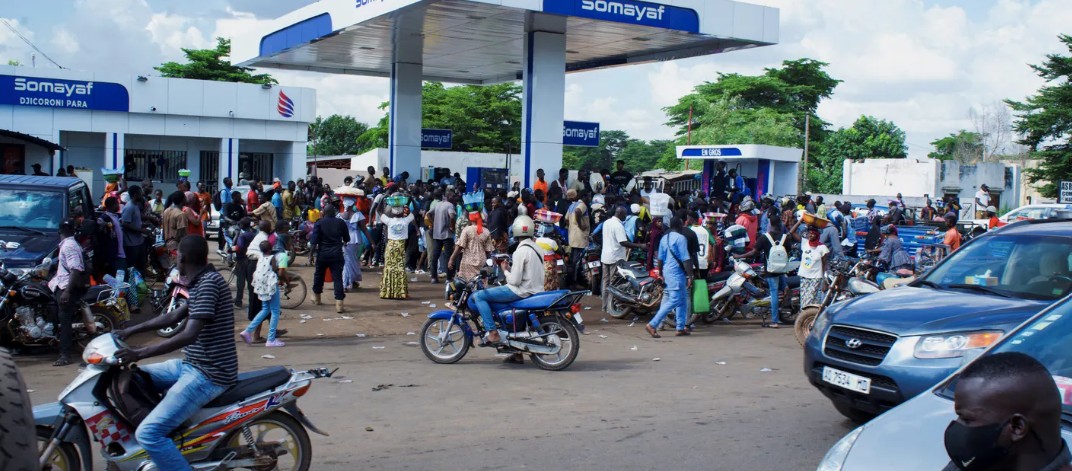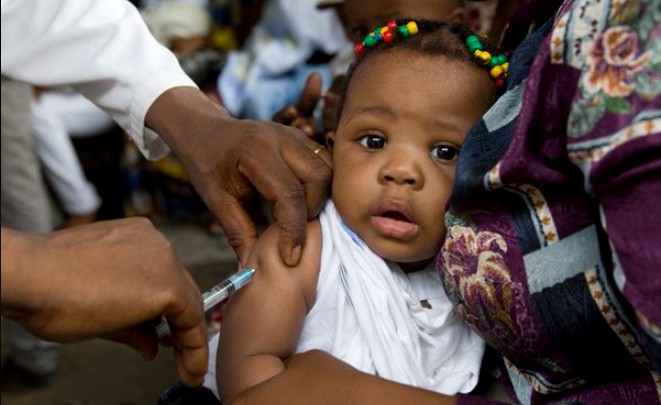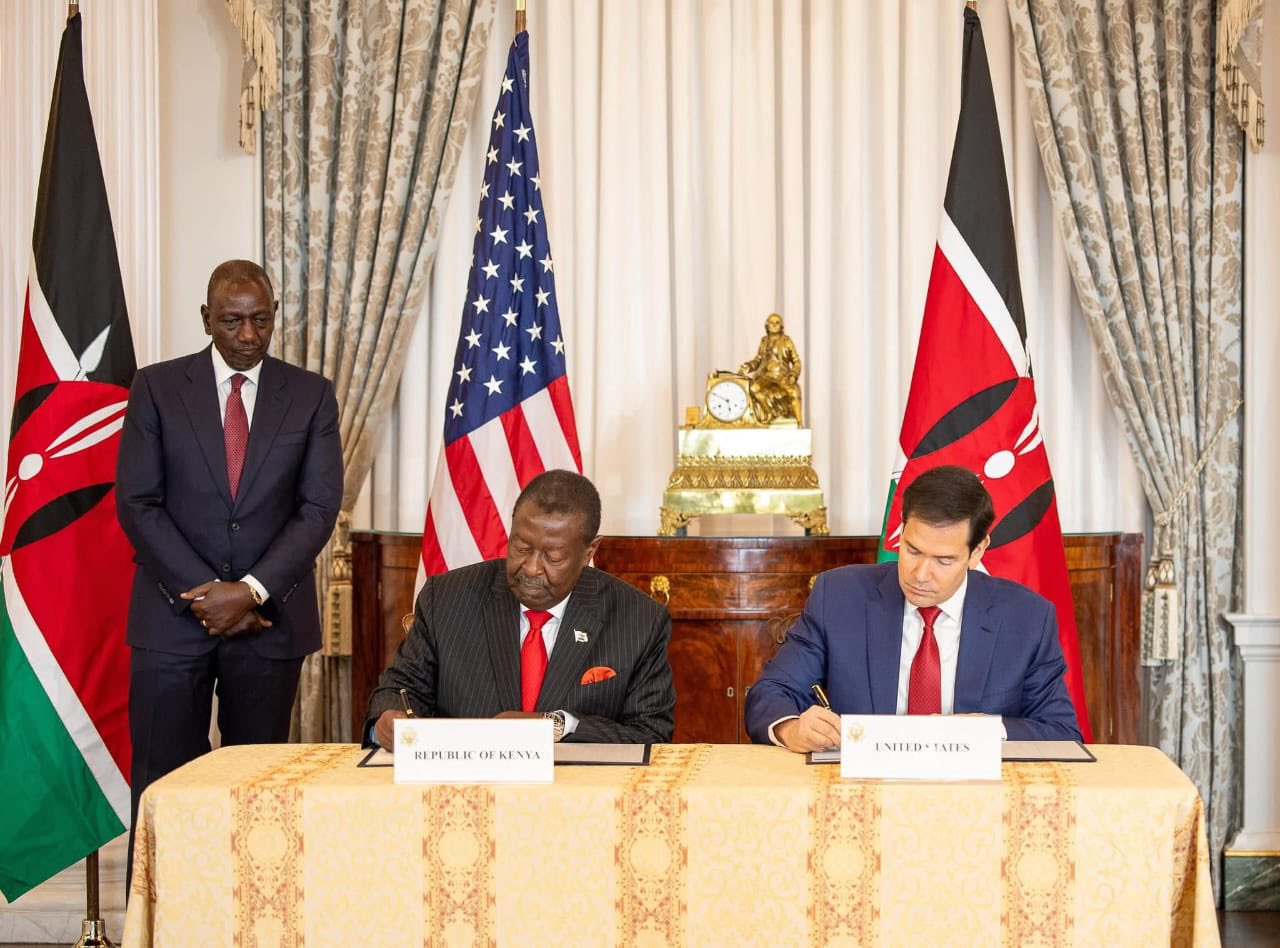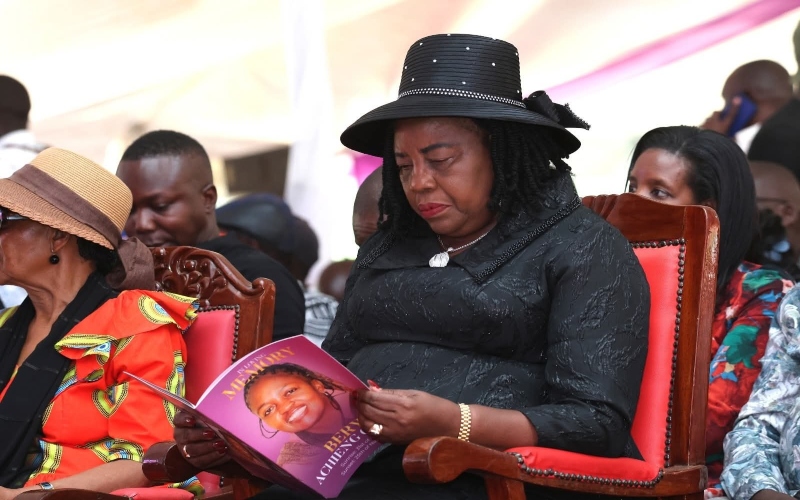Mali shuts schools for two weeks amid fuel shortage triggered by militants

Education Minister Amadou Sy Savane said the two-week closure was unavoidable, citing severe fuel shortages that have made it impossible for teachers and students to reach schools as militants continue to blockade key supply routes.
Mali has ordered the closure of all schools and universities for two weeks as the country grapples with a worsening fuel crisis triggered by jihadi militants who have blockaded key fuel supply routes into the capital, Bamako.
Education Minister Amadou Sy Savane announced the decision on Sunday, saying that learning institutions will remain closed from Monday, October 27, to November 9, 2025.
More To Read
- Nigeria’s new terror threat: JNIM is spreading but it’s not too late to act
- Malian TikToker killed by militants for supporting army
- US drops Sh1.3 million visa bond for Mali citizens, ending diplomatic standoff
- Visa war: Mali hits back at US with Sh1.3 million bond for American travellers
- Mali, Burkina Faso, Niger withdraw from ICC's Rome Statute
- Ex-Mali PM Choguel Maiga jailed on public funds embezzlement charges
The minister explained that the temporary shutdown was necessary because education personnel could not travel to their workplaces due to severe disruptions in fuel supplies.
Mali, a landlocked nation, relies entirely on imported fuel—mainly from Senegal and the Ivory Coast—to power its economy and essential services.
Since September, the country has faced acute fuel shortages after al-Qaida-linked militants blocked fuel imports. Fighters from the Jama'at Nusrat al-Islam wal-Muslimin (JNIM) group have reportedly left hundreds of fuel trucks stranded at border points, cutting off supplies and worsening daily hardships.
Fuel prices in Bamako have soared, with black-market petrol reportedly selling for several times the official rate as supplies run dry.
The blockade forms part of the militants’ broader campaign to weaken the government by restricting supply routes and undermining its control over northern and central Mali, where the group has gained significant influence. The shortages have crippled transport, education, and healthcare services, further straining ordinary citizens.
"JNIM is using the blockade to pressure commercial operators and residents to distance themselves from the military authorities, therefore undermining the government's legitimacy and authority," Beverly Ochieng, an analyst at the Control Risks Group consulting firm, told AFP.
Mali’s fuel crisis is the latest consequence of years of instability across the Sahel region. Data from the Armed Conflict Location & Event Data Project (ACLED) shows that the violence is being driven by multiple factions, including al-Qaida’s JNIM, the Islamic State Sahel Province, and various ethnic militias.
"While violence involving insurgent groups and militants is a driving factor for regional insecurity, the situation is further complicated by the proliferation of armed groups, including various communal, ethnic, and self-defence militias like the Volunteers for the Defence of the Homeland (VDP)," ACLED notes on its website.
Following recent military coups in Mali, Burkina Faso, and Niger, the three countries expelled French troops and turned to Russian mercenaries for security support—but violence and instability have continued to persist.
Top Stories Today















































